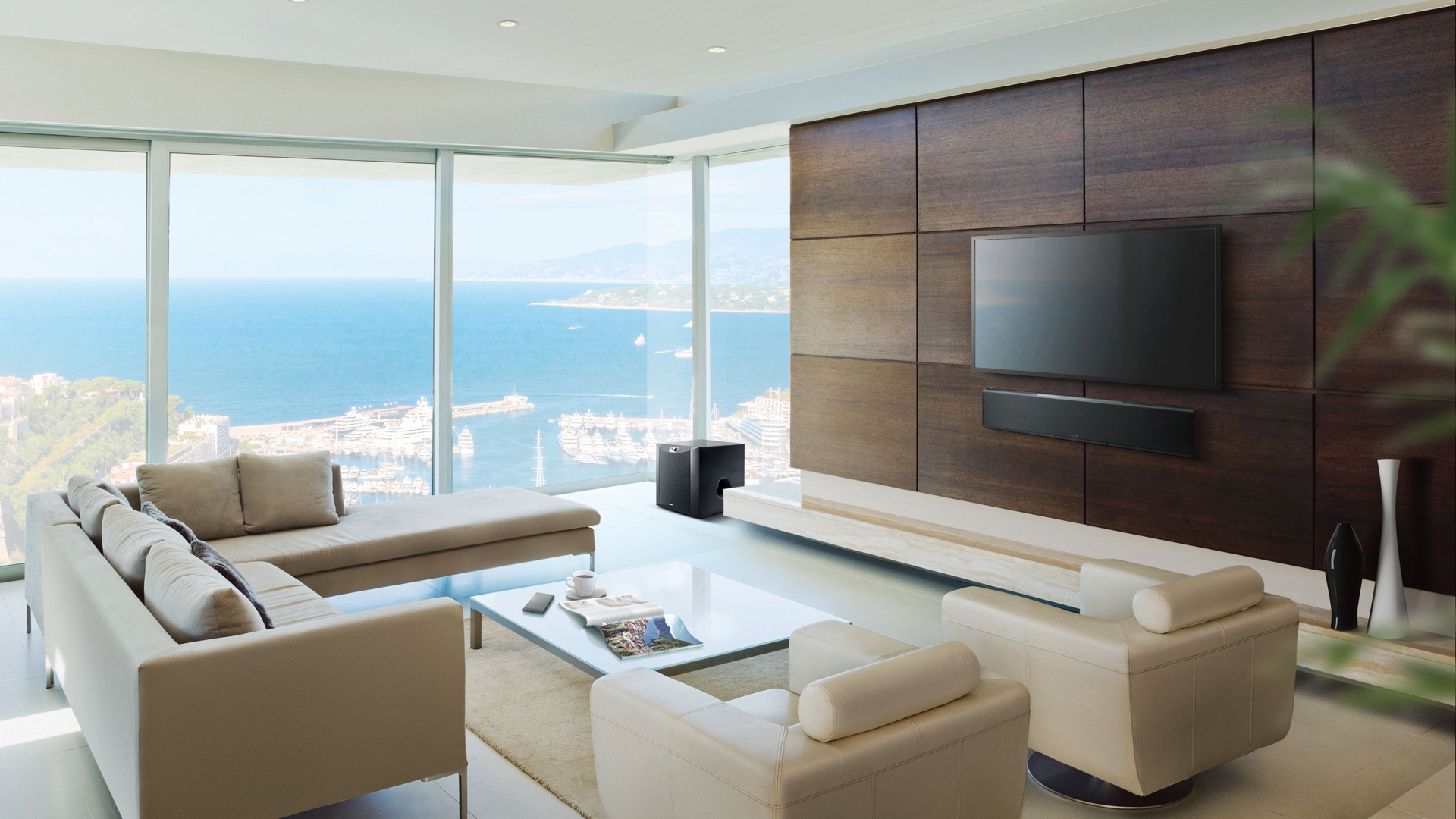
Yamaha has today lifted the lid on its new MusicCast wireless music system.
In many ways it's a relatively standard idea, have a single ecosystem, controlled via an app or computer, where all products in the range can communicate with each other, but it does have a new manufacturer agnostic feature which could make it stand out from the crowd.
The MusicCast system means that any of Yamaha's new devices will be able to both take inputs via Bluetooth from any device and also be able to output to any Bluetooth speaker you connect them to, regardless of manufacturer.
We've been wondering why this hasn't been a must-have feature in multiroom systems since we first saw the MusicCast devices in action.
By having this seemingly simple feature it means a MusicCast product can be dropped into your home network and immediately offer a fresh multiroom system without you needing to buy a whole bunch of new products from the same range straight away.
You can, of course, still do that.
There will be discounted multi-pack bundles being offered - the Trio, Duo and Duett. The Trio comes with the YSP-1600 Digital Sound Projector, the WX-030 Wireless Music Speaker and the ISX-80 Integrated Audio System. The Duo will just feature the ISX-80 and WX-030, while the Duett package comes with the YSP-1600 and the WX-030.
Sign up to the T3 newsletter for smarter living straight to your inbox
Get all the latest news, reviews, deals and buying guides on gorgeous tech, home and active products from the T3 experts
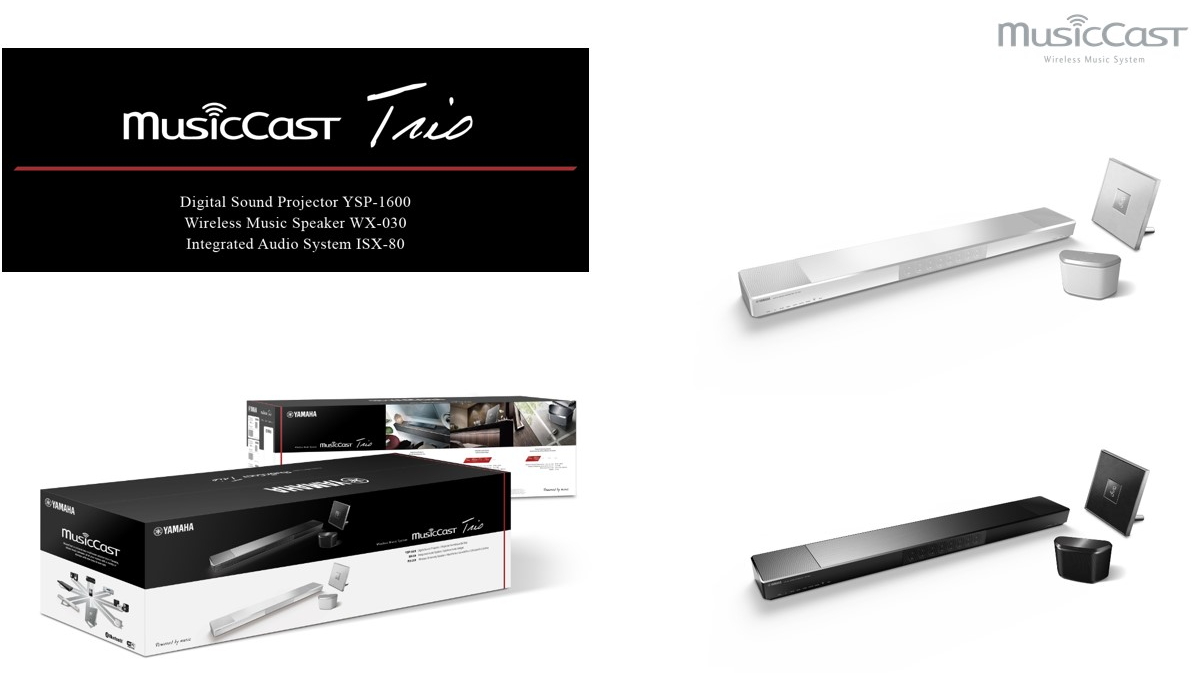
Huge range
Yamaha is not slowly drip-feeding the MusicCast products out into the market, at launch there will be around twenty-three different MusicCast devices, from AV receivers to Bluetooth speakers to high-end soundbars. And Yamaha is promising to grow the range year-on-year.
The idea is to essentially have every Yamaha audio product be compatible with the MusicCast range across the board.
Even existing products, such as its top-spec AV receivers, will get firmware updates to ensure they're compatible. From today all AVRs, from the Yamaha RX-V479 and up, will be provided with an update to bring them in line.
Another smart feature of the MusicCast tech is that there is no central device; every device connects to every other one.
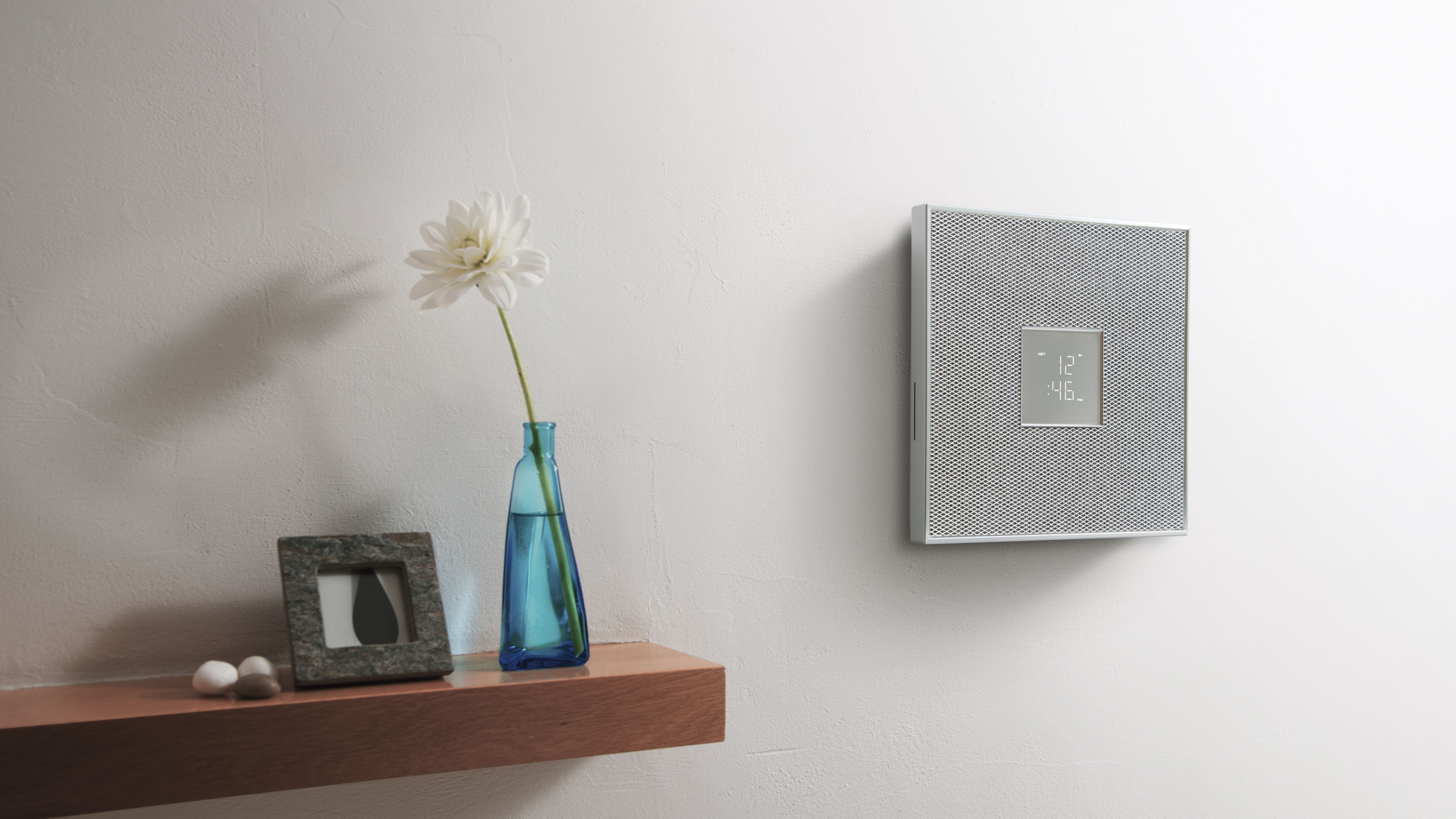
Each MusicCast device essentially acts as a wireless repeater, allowing you to extend the range of your system throughout your home.
Hi-Res Audio
But if you choose to wire into the network you'll get the added benefit of these new device's Hi-Res Audio heritage too. Each MusicCast product will support 192kHz/24-bit FLAC and AIFF as well as 96kHz / 24-bit ALAC too.
A selection of the top-end products will even go as high as 5.6MHz DSD as well.
Sound quality is becoming increasingly important and that's something Yamaha has been working to ensure is at the core of all of its MusicCast products. And when it comes to that Yamaha's new YSP-5600 Digital Sound Projector could be the daddy. It's the first soundbar to include both Dolby Atmos and DTS:X support.
Yes, in a soundbar.
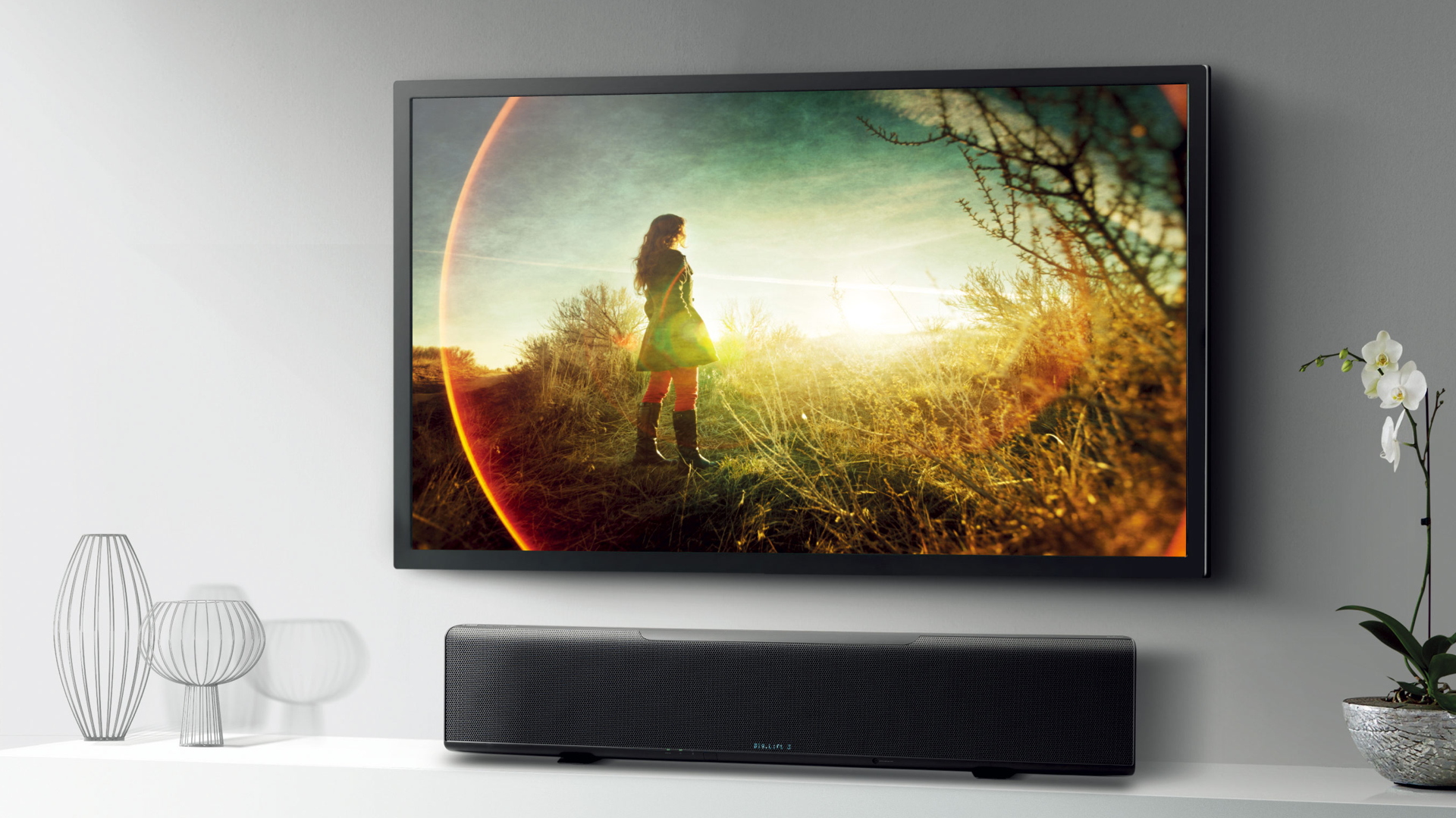
You can get an optional subwoofer with it, but even without you're talking about a single device packing in 44 separate speakers for directional sound, bounced off every surface in your living room. That's not coming until the Winter, perfect timing for when you want to snuggle down in your home cinema and blow your eardrums out.
If the MusicCast name is ringing some bells for you it's because Yamaha launched a differently-capitalised MusicCAST system back in 2003. It was sadly a little ahead of its time - meaning it wasn't the easiest setup to get working - and didn't really make much headway into the almost non-existent wireless audio market of the time.
Now things are a mite more crowded Yamaha will be hoping the combination of a more open approach to multiroom and a wealth of new products will give this iteration of MusicCast more of an edge.
-
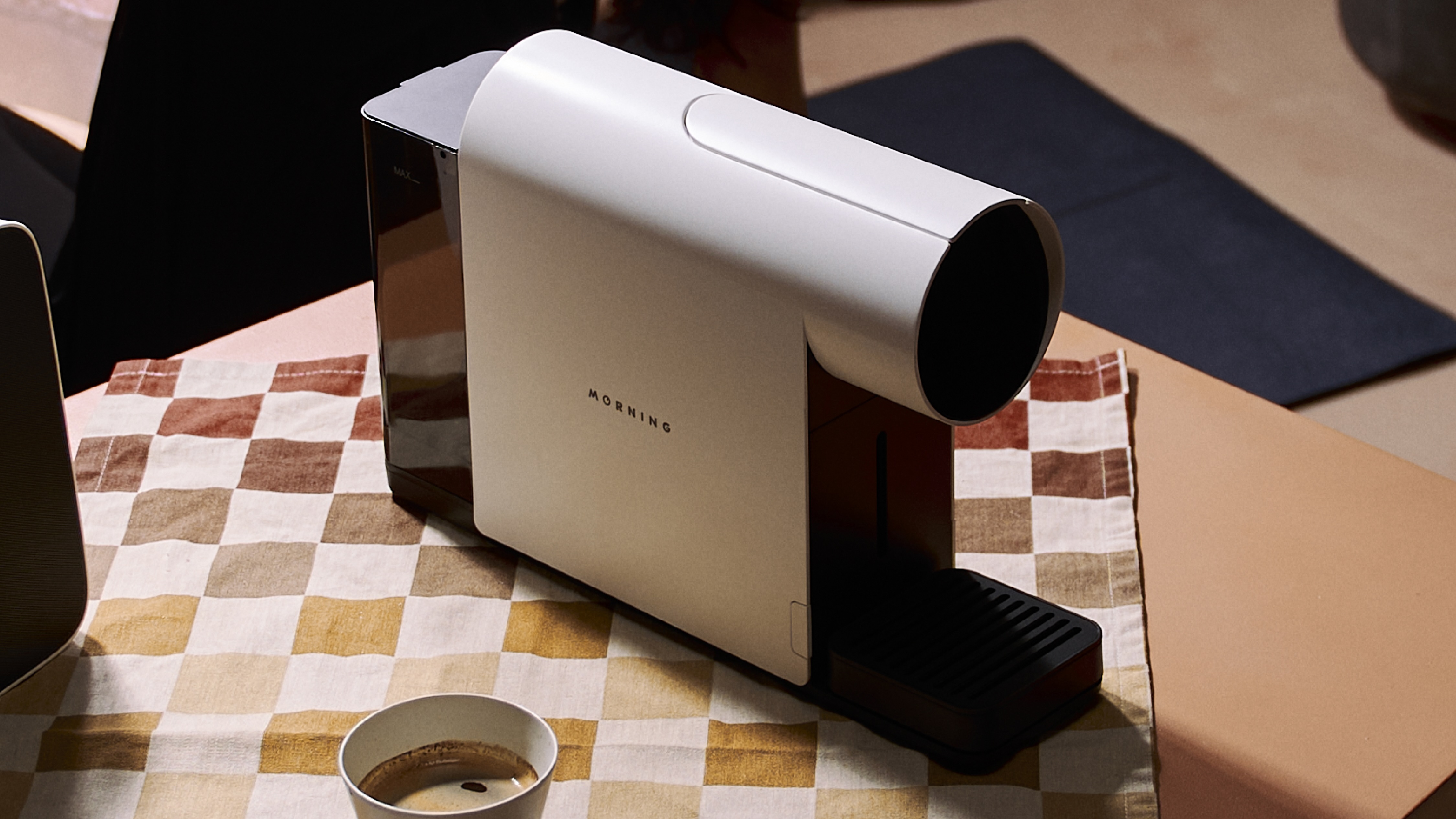 The Morning Machine’s younger sibling is here – same precision, now in a compact design
The Morning Machine’s younger sibling is here – same precision, now in a compact designIntroducing the Morning Mini
By Lizzie Wilmot
-
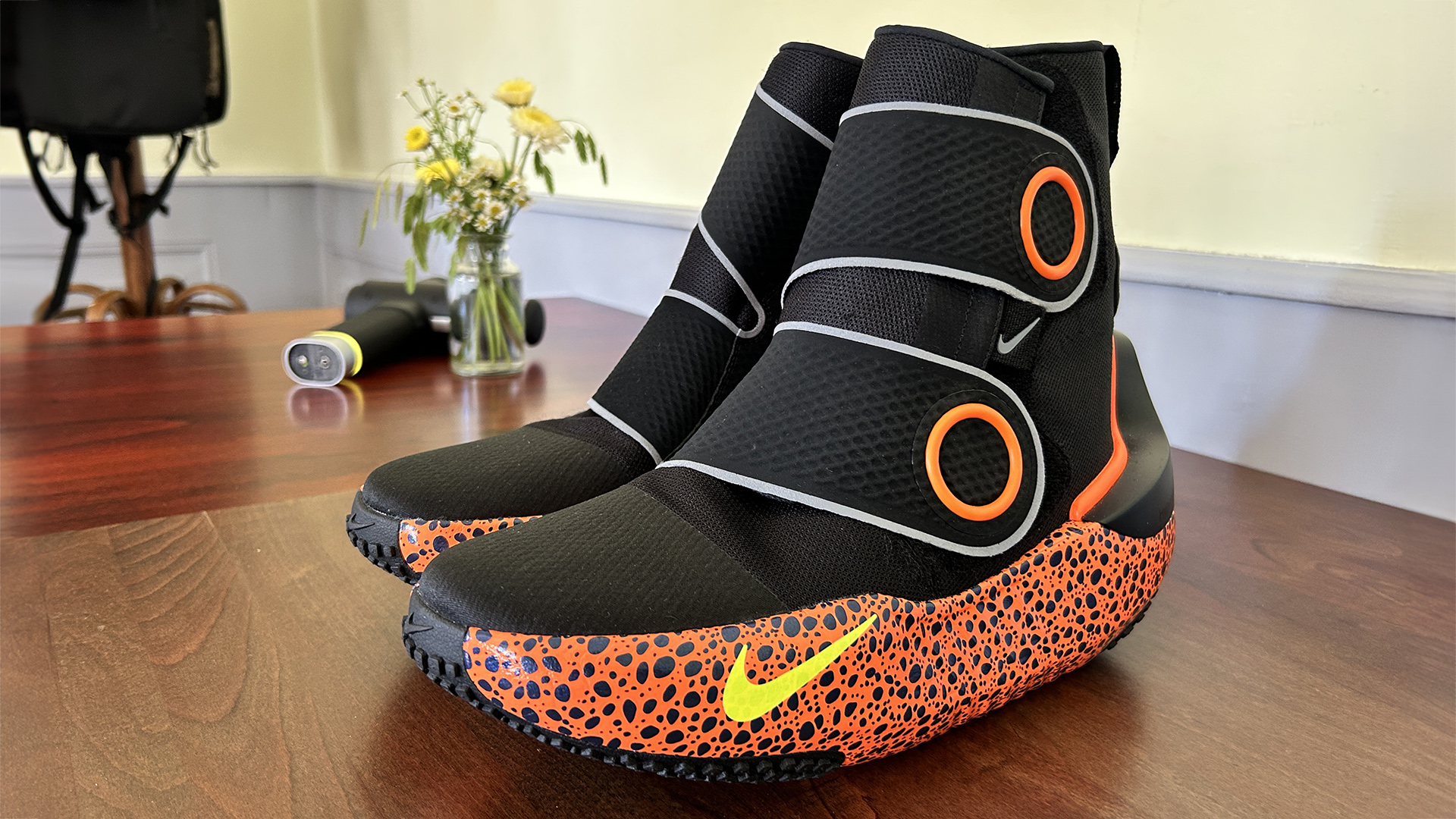 Nike's wild recovery boots, which are like little spas for your feet, can finally be bought by anyone, not just athletes
Nike's wild recovery boots, which are like little spas for your feet, can finally be bought by anyone, not just athletesThe Nike x Hyperice Hyperboot is part footwear, part massage chair, and all kinds of wonderful
By Matt Kollat